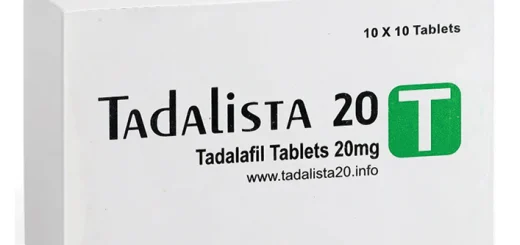Shift Work Sleep Disorder: Causes and Symptoms
Shift Work Sleep Disorder (SWSD) is a type of circadian rhythm sleep disorder that affects individuals who work nontraditional hours, such as overnight, early morning, or rotating shifts, instead of the conventional 9 a.m. to 5 p.m. schedule. Circadian rhythms are the body’s natural processes that regulate physical, mental, and behavioral changes within a 24-hour cycle, primarily responding to light and dark cues. Shift work disrupts these rhythms, leading to difficulties in maintaining regular sleep patterns and resulting in various health and performance issues.
Causes of Shift Work Sleep Disorder (SWSD)
Regular Work Hours
Shifts that aren’t the norm, like night shifts, rotating shifts, or early morning shifts, mess up the body’s normal circadian rhythm.
Circadian Rhythm Disruption
This happens when the body’s internal clock is not in sync with the outside world, making it hard to maintain normal sleep-wake cycles.
Environmental Factors
Being around light at night and dark during the day can make the body’s internal clock even less accurate.
Social Factors
Problems with family and social events can make it harder to sleep and make you feel more stressed.
Symptoms of Shift Work Sleep Disorder (SWSD)
Insomnia
When you have trouble going or staying asleep, which makes your sleep less restful.
Extraordinary Sleepiness
Feeling sleepy and tired all the time, especially during work shifts.
Problems with Focusing
Less alertness and worse cognitive function, which affect safety and job success.
Mood changes
Irritability and anxiety result from not getting enough sleep on a regular basis.
Physical symptoms
Headaches, stomach problems, and a weak immune system are some of the physical symptoms.
SWSD can significantly impact overall health, job performance, and quality of life, making it essential to address and manage it effectively.
Impact on Health and Lifestyle
Health Impacts
Persistent tiredness and low energy levels.
- Disorders of Sleep
A higher chance of having trouble sleeping and other sleep problems.
- Mental health
Sadness, anxiety, and mood swings happen more often.
- Cognitive Function
Trouble focusing, remembering things, and making decisions.
- Cardiovascular Problems
There is a higher chance of high blood pressure, type 2 diabetes, and stroke.
- Metabolic Problems
More likely to be overweight, have diabetes, or have digestive problems.
- Immune System
A weakened immune system makes a person more likely to get sick.
Lifestyle Impacts
- Work performance
Less work getting done, more mistakes, and crashes at work.
- Social Life
Because of the unpredictable hours, there are problems with family, friends, and social events.
- Personal Relationships
Schedules that don’t work well together and less valuable time put stress on relationships.
- Daily Activities
It’s hard to stick to normal schedules for meals, exercise, and fun things to do.
- Total Quality of Life
Less total happiness and satisfaction with life because of ongoing health and social problems.
Managing Shift Work Sleep Disorder
-
Maintain a consistent schedule
Stick to regular sleep and wake times, even on days off.
-
Create a Sleep-Friendly Environment
Keep your bedroom dark, quiet, and cool.
-
Limit Light Exposure
Use blackout curtains and wear sunglasses when leaving work in the morning.
-
Healthy Lifestyle
Eat balanced meals, exercise regularly, and avoid caffeine and heavy meals before bedtime.
-
Naps
Take short naps before shifts to reduce sleepiness.
-
Stay Hydrated
Drink plenty of water to stay alert.
-
Social Support
Communicate with family and friends about your schedule for better understanding and support.
-
Professional Help
Seek advice from a healthcare provider if symptoms persist.
Conclusion
The disruption of the body’s circadian rhythms is the cause of shift work sleep disorder. Symptoms include insomnia, excessive sleepiness, concentration problems, mood changes, and physical issues. Effective management involves maintaining consistent schedules, creating a sleep-friendly environment, and seeking professional help to mitigate these impacts.





